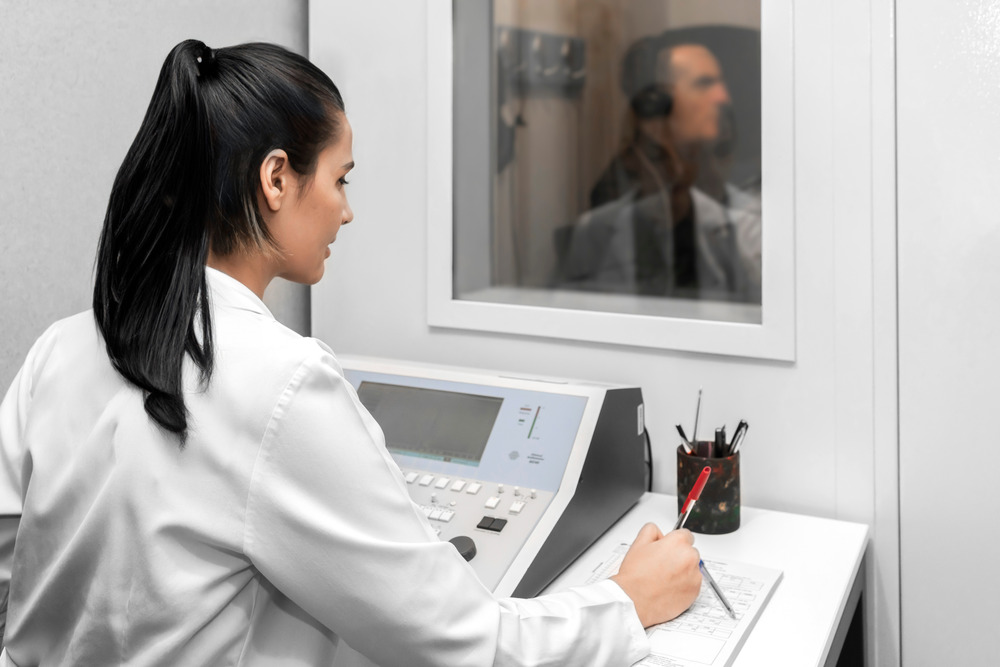Mental Health Foundation in Scotland (MHF) has called on the Scottish and UK governments to set up a future of work commission to improve workplace wellbeing and post-pandemic labour practices.
The charity argues that benefits such as shorter working hours, reduced job insecurity and a joint public and private sector commission would be integral in moving forward from the COVID-19 pandemic, especially as the UK governments’ furlough scheme has now drawn to a close.
Senior Policy Manager at MHF in Scotland Toni Giugliano suggests that although the Scottish government has created a new Mental Health and Employment working group, that the end of the furlough safety net and the removal of the Universal Credit uplift meant that more needs to be done “to reassure and protect people in these uncertain times”.
He continues: “Poverty, job insecurity and under-employment are among the root causes of poor mental health. We need to do all we can to ensure that no person in Scotland finds themselves at further risk due to the pandemic. Establishing a more visible and vocal Commission for the Future of Work will confirm the Scottish government’s commitment to safeguarding the wellbeing of workers across Scotland in the post-pandemic years and beyond. It will enable us to bring more representatives and organisations from across public and private sectors, including workers, together to inform and drive the policy decisions that will reset our working lives in a positive way that supports both good mental health and economic productivity.”
Founder of Hospitality Health, Gordon Mcintyre, also backed the initiative: “We very much agree with the idea of a commission which would support all industries to create a better work-life balance and wellbeing for all employees. There has never been a time in the industry that staff have needed mental health support more. The wellbeing and mental health of the staff in the sector has been pushed considerably in the past 18 months as a result of the pandemic.”
Professor of Work and Employment at the University of Glasgow, Melanie Simms, suggested that a Future of Work Commission could be “a very interesting proposal”. She continues:
“It’s undoubtedly the case that many people have experienced challenges to their mental health during the pandemic and associated restrictions. Issues including job insecurity, health and safety, furlough and similar have all taken their toll on many people’s mental health. As always with employment issues, it is really important that there is an effective way to integrate the voices of workers and employers. The benefit of this kind of commission is that it allows space for people with different perspectives to come together to discuss the problem and work out what they can agree on moving forward.”
A spokesman for the UK government spokesman stated that “We are fully committed to protecting and enhancing workers’ rights in Scotland and across the UK, and ensuring modern working practices support workers’ mental wellbeing. In the past 18 months alone, we have introduced parental bereavement leave, protected new parents on furlough, given 150,000 Scottish workers a pay rise through a higher minimum wage and begun a consultation on making flexible working the default unless employers have good reason not to.”
What is clear, however, is that the continual emphasis on mental health shows no signs of abating as we pull through the tail-end of the pandemic.







